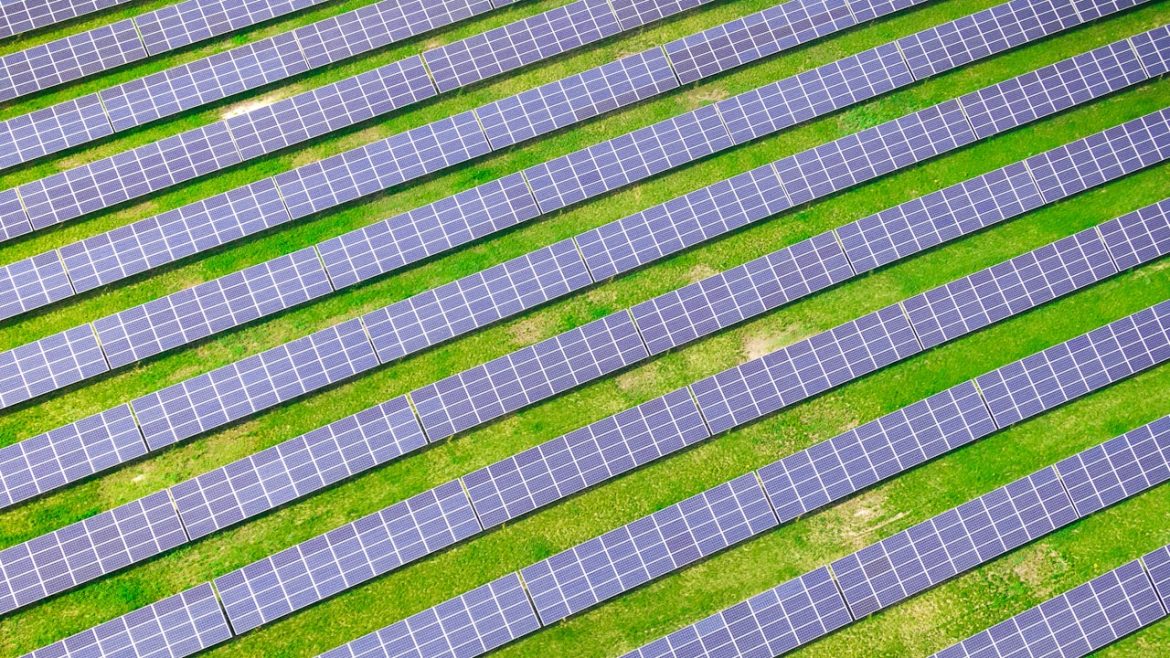Many people and businesses are converting to renewable energy sources like solar electricity as the world becomes more environmentally aware. Because of their low running costs, environmental friendliness, and extended lifespan, solar panels have grown in popularity.
A solar panel system’s design entails more than just mounting panels on a roof or in a sunny spot. Several regular mistakes are frequently made during the design phase that might have a detrimental impact on the performance of a 5000 watt solar panel system. For things to work effectively and efficiently, proper design is necessary.
Benefits of Installing a Solar Panel System for Your Home or Business
For both homes and businesses, installing a solar panel system can have several advantages. The cost of energy bills being saved is one important advantage. Solar power is completely free and once a system of solar panels is in place, it may produce your electricity and lessen your need on the power grid.
Solar panel systems are a desired investment for both individuals and businesses due to their ability to increase property value. Installing solar panels is a smart choice for both homes and businesses because of the many benefits it provides for the environment and your wallet.
Errors Made During Solar Panel System Design
Solar panel system design is a complex process. Each factor of solar panel system design requires careful consideration and planning to ensure that it operates efficiently and reliably. The following errors can be made during the design of a solar panel system:
Lack of Proper Site Assessment
The location of a solar panel system’s installation is one of the most crucial elements that affect its efficiency. Before installing the solar panel system, the site must be evaluated to identify the ideal position, orientation, and tilt angle. If this isn’t done, shade may ensue, which lowers the quantity of sunlight reaching the panels and lowers efficiency.
Incorrect System Sizing
A solar panel system must be properly sized to operate efficiently. An oversized system may be overly expensive while a system that is too tiny might not create enough energy to fulfill the necessary power demand. When sizing a solar panel system, factors including location, climate, and energy requirements must be taken into account.
Inappropriate Inverter Selection
The inverter is a crucial component of a solar panel system that converts DC energy from the panels to AC energy that can be used by appliances and the grid. Inappropriate selection of the inverter can result in reduced system efficiency and lower energy production.
Inadequate Wiring and Connections
Correct wiring and connections are required for a solar panel system to function safely and efficiently. Inadequate wiring and connections can lead to electrical dangers and a decrease in energy output. For instance, employing too-small wires could result in overheating, and using shoddy connections could cause voltage drops and reduced energy output.
Poor System Design and Layout
A solar panel system’s design and arrangement are crucial to how well it works. An inefficient system layout and design might result in lower energy output and higher running expenses. For instance, the panels’ ability to generate electricity will be greatly diminished if they are not oriented correctly or are put in an area that receives a lot of shade.
Ignoring Regulatory Requirements
Various regulatory requirements must be adhered to during the design and installation of solar panel systems. Ignoring these requirements can result in legal issues, system inefficiencies, and safety hazards.
Lack of Maintenance Planning and Considerations
Proper maintenance is crucial for the long-term efficiency and lifespan of a solar panel system. Failure to plan for and consider maintenance requirements during system design can result in increased costs and reduced energy production over time.
Conclusion
Proper design and installation can lead to a more efficient and effective system, providing long-term benefits and savings for both individuals and businesses. By avoiding common mistakes during the solar panel system design process, we can ensure that solar energy remains a practical and responsible option for the future.
